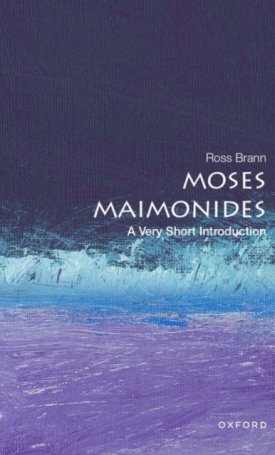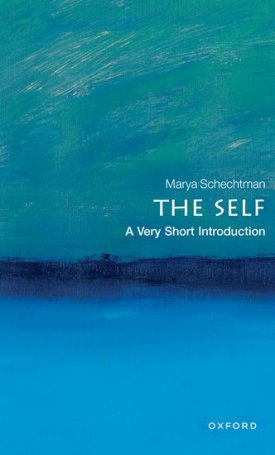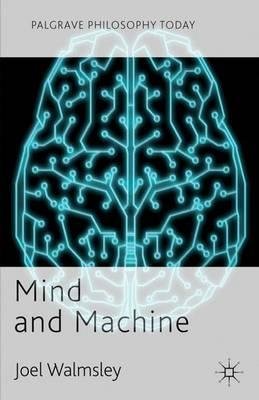Intelligence - A Very Short Introduction
ISBN: 9780198796206
Edition: 2.
Language: english
Size: 111*174
Weight: 142 g
Page no.: 184
Publish year: 2020
Intelligence - A Very Short Introduction
Some people are cleverer than others. This everyday observation is the subject of an academic field that is often portrayed as confused and controversial, when in fact, the field of intelligence holds some of psychology`s best-replicated findings.
This Very Short Introduction describes what psychologists have discovered about how and why people differ in their thinking powers. Drawing on large scale data Ian Deary considers how many types of intelligence there are, and how intelligence changes with age. Along the way he tackles some of the most burning questions surrounding intelligence, such as whether larger brains are cleverer, and how genes and environments contribute to people`s intelligence differences. He also considers the new field of cognitive epidemiology, which draws links between intelligence and better health, less illness, and longer life, and asks whether intelligence is increasing. In this new edition Deary also addresses the controversial question of whether men and women differ in intelligence. Throughout he provides a clear description of the data we can use to answer these questions and more.
Table of Contents:
1: Preface and acknowledgements
2: What happens to intelligence as we grow older?
3: Are there sex differences in intelligence?
4: What are the contributions of environments and genes to intelligence differences?
5: Are smarter people faster?
6: What do more intelligent brains look like?
7: Does intelligence matter in the school and the workplace?
8: Does intelligence matter for good health and long life?
9: Is intelligence increasing generation after generation?
10: Do psychologists agree about intelligence differences?
Further reading
Appendix: An explanation of Correlation and Meta-analysis
Index
Author Information:
Ian Deary is Professor of Differential Psychology at the University of Edinburgh. He practised psychiatry in London and Edinburgh before moving to academic psychology, where his principal research interests include human mental abilities, the effects of ageing and medical conditions on mental skills, and the impact of cognitive ability on people`s lives. He is Director of the Lothian Birth Cohort studies and is an elected Fellow of the British Academy, the Royal Society of Edinburgh, the Academy of Medical Sciences, the Royal College of Psychiatrists, and the Royal College of Physicians of Edinburgh. He is the author of several books, including Looking Down on Human Intelligence: From Psychometrics to the Brain (OUP, 2000), and is the winner of several international awards for his research on human intelligence and personality.
Series: Very Short Introductions
Category: Filozófia / elmefilozófia, Pszichológia, pszichoterápia



























